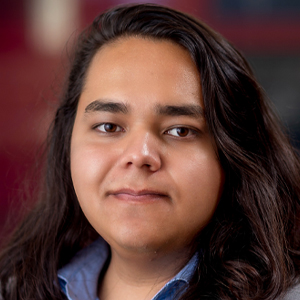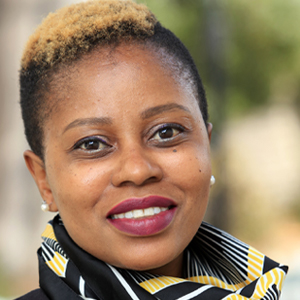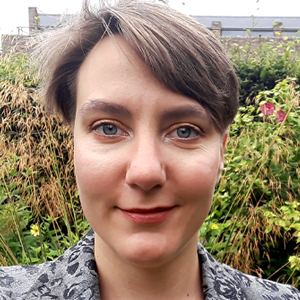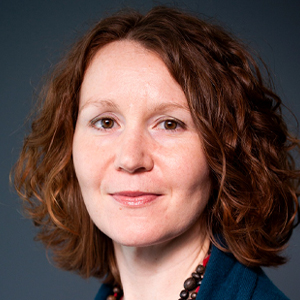
Orion Siufi Noda
Orion is a PhD candidate and graduate teaching assistant at the Department of War Studies, King’s College London, and the International Relations Institute, University of São Paulo. His doctoral research focuses on symbolic facets of nuclear weapons and how symbolism, identity, and behavior articulate within the nuclear sphere. Orion’s main research interests encompass the culture and discourse around nuclear weapons, identity studies, arms control, nonproliferation, and post-positivist approaches to international security—particularly how symbolic perceptions of nuclear weapons are constructed and cultivated, embedded into state identity, and affect behavior and policy. Orion is also a senior editor at Strife Journal and the student representative for the International Studies Association’s Latin America and Caribbean Region (ISA-LAC). He holds a MA in international security from the University of Groningen and a BA in international relations from the Pontifical Catholic University of Minas Gerais.
I am most excited to work on projects that… help our understanding of how nuclear weapons are thought of and understood in order to change status-based symbolic perceptions around them.
I am looking for partners who can help me… fight and reverse “positive nuclear culture” and dismantle the crystallized regimes of nuclear truth through which nuclear weapons are portrayed and discussed.
A moment when I felt most inspired in my work was… when I, a non-Western/non-white early career scholar relatively unknown in the field, managed to present my research and engage in transparent debates with leading experts, and was encouraged to pursue my research and career goals despite all the systemic adversities stemming from my background.
Innovations in my field that I am most excited to work on… include the much needed yet still somewhat neglected opening of the field to subjective and non/post-positivist approaches to nuclear weapons and the impact of culture, narrative, semiotics, identity, and language on the study of nuclear politics.






